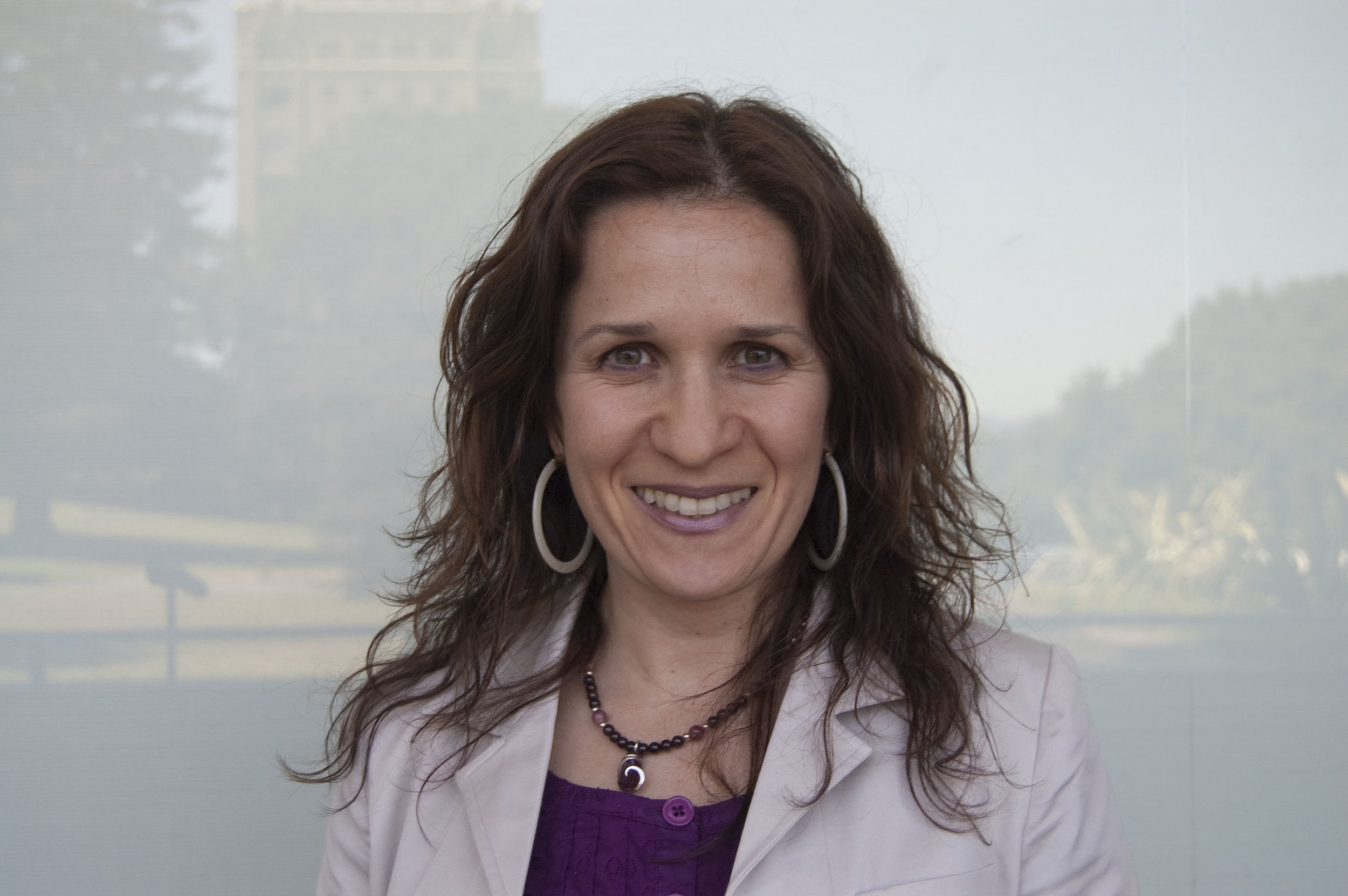Food Psych #188: How to Improve Treatment for Disordered Eating with Marcella Raimondo
Eating-disorders psychologist Marcella Raimondo joins us to discuss how to improve disordered-eating treatment for people who don’t fit diet culture’s idea of what an ED “looks like,” how eating disorders can affect our career choices, why more representation of marginalized identities benefits everyone, how fatphobia was born out of racist beliefs about body size, and so much more! Plus, Christy answers a listener question about how to handle the fact that there are hateful corners of the internet devoted to tearing down the fat-acceptance movement.
Marcella Raimondo, PhD, MPH is a passionate and spirited clinical trainer speaking from her heart on multicultural issues in eating disorders since 1995. Marcella is a licensed psychologist for Kaiser Permanente’s adult eating disorder clinic in Oakland and part of a regional leadership team. She runs her own practice in Oakland. She is also on the Board for Eating Disorders Recovery and Support (EDRS) as President, advisory board for Association of Size Diversity and Health (ASDAH,) Advisory Board for Nalgona Positivity Pride (NPP) and Board of Founders for About-Face. Marcella herself recovered from anorexia nervosa over 15 years ago. Her recovery and her martial arts training inspires her dedication to multicultural body nurturance and community celebration. Find her online at MarcellaEDTraining.com.
This episode is also brought to you by NurX, the game-changing company that’s here to make getting birth control easier. Visit nurx.com/foodpsych for a $20 credit, and you can get birth control delivered securely and confidentially to your door in less than a week.
We Discuss:
The mixed messages that Marcella received in adolescence about food as a way to connect to her heritage, while being aware of the changes in her body
Anti-fatness as a response to racism and trying to assimilate
The thoughts and emotions that pushed her to start dieting, and eventually fueled her eating disorder
What motivated her to pursue recovery
How eating disorders can affect our career choices
Her eating-disorder recovery experience
The effect of learning about the experiences of other women of color on her recovery
Privilege, and how it affects a person’s ability to access treatment
Why acknowledging eating disorders and disordered eating in marginalized identities helps everyone
Grassroots efforts to make eating-disorder treatment more accessible to everyone
Finding the balance as a small-business owner between making a living and offering accessible eating-disorder treatment
Fatphobia as a barrier to treatment and recovery
The many ways in which our current healthcare system is broken and harms marginalized folks
How martial arts and yoga can play a role in various parts of recovery
The importance of self-compassion and forgiveness
What drew Marcella into martial arts training, and how it affected her recovery and work today
Resources Mentioned
Some of the links below are affiliate links. Affiliates or not, we only recommend products and services that align with our values.
Submit your questions for a chance to have them answered on the podcast!
My online course, Intuitive Eating Fundamentals
Help spread the anti-diet message by subscribing to the podcast
A Hunger So Wide and So Deep: A Multiracial View on Women's Eating Problems, by Becky W. Thompson
The New Jim Crow: Mass Incarceration in the Age of Colorblindedness, by Michelle Alexander
Virgie Tovar’s work, and her first, second, and third episodes on Food Psych
Marcella’s website and Facebook page
This episode is also brought to you by NurX, the game-changing company that’s here to make getting birth control easier. Visit nurx.com/foodpsych for a $20 credit, and you can get birth control delivered securely and confidentially to your door in less than a week.
Listener Question of the Week
What advice is there for dealing with anti-fat discourse on the internet? What motivates people to be hateful toward larger-bodied people? Why do some people get defensive toward the idea of fat acceptance? What are some strategies to handle the fact that there are hateful corners of the internet devoted to tearing down fat acceptance and other forms of social justice? How does the structure of the internet itself uphold hateful rhetoric? What are some trusted resources for fat-positive information?
(Resources Mentioned:
FAT!SO?, by Marilyn Wann
Lessons from the Fat-o-Sphere, by Kate Harding and Marianne Kirby
The Fat Studies Reader, by Esther Rothblum and Sondra Solovay
Hot & Heavy, by Virgie Tovar
You Have the Right to Remain Fat, by Virgie Tovar
Food Psych episode #184 with Virgie Tovar
Things No One Will Tell Fat Girls, by Jes Baker (and her first and second episodes on Food Psych)

